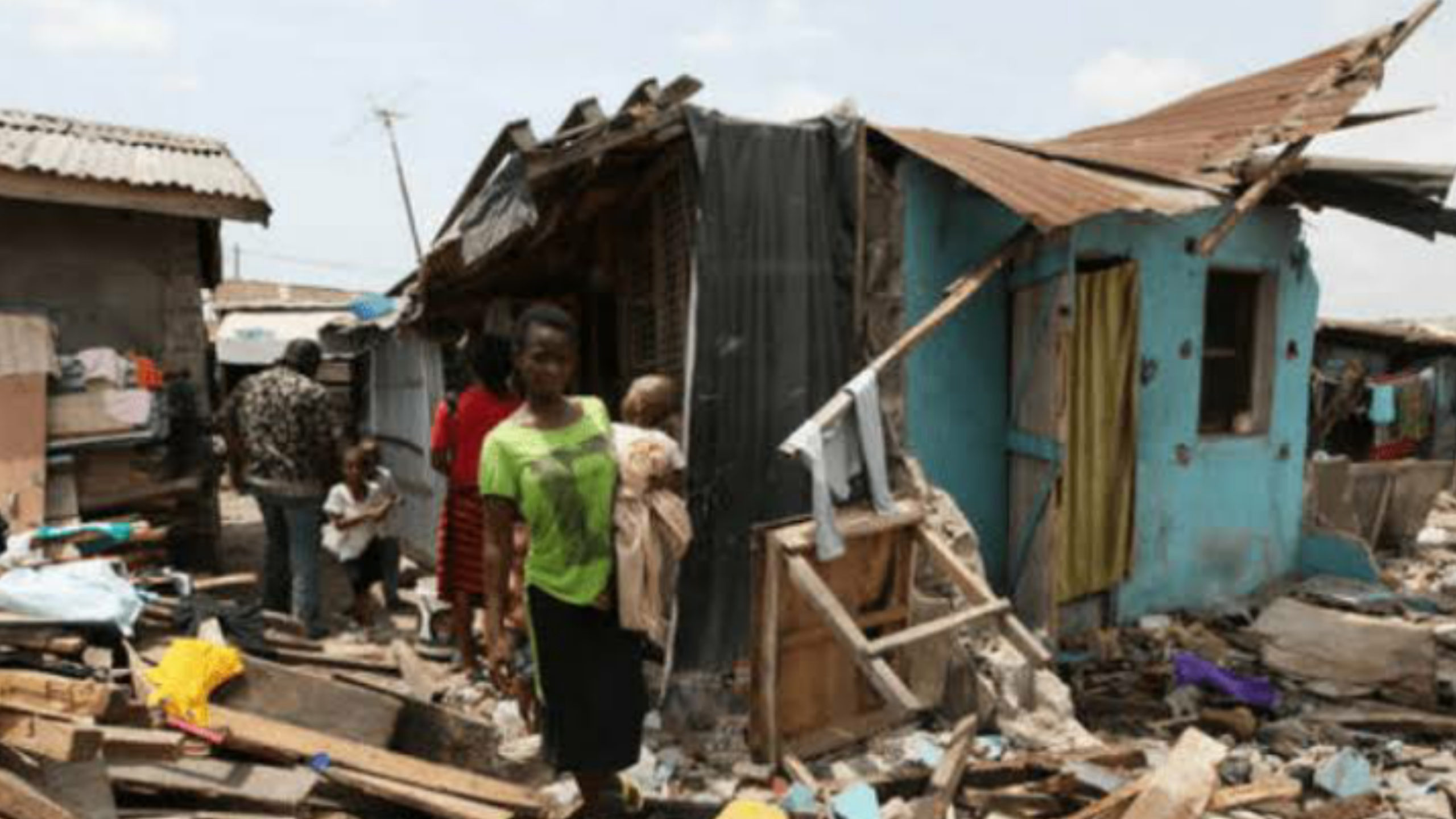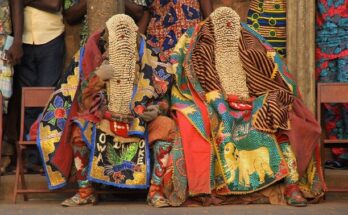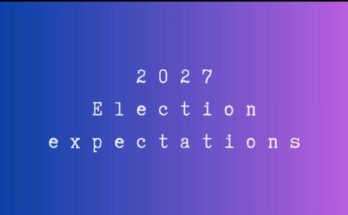By Kola Alhassan
The World Bank has said slow growth, low human capital, labour
market weaknesses, among others,
are hampering Nigeria’s poverty reduction.
This is contained in a report by the global financial institution. It is entitled: “Better Future for All Nigerians:
Nigeria Poverty Assessment 2022”.
World Bank Country Director for
Nigeria, Shubham Chaudhuri said much needs to be done to lift millions of Nigerians out of poverty,
including boosting health and education,
bolstering productive jobs, and expanding social protection.
“Yet implementing pro-poor initiatives requires unlocking fiscal space; reforming expensive
subsidies including fuel subsidies will be
essential, alongside countervailing measures to protect the poor as reforms are effected,” he added.
According to the report as many as four in 10 Nigerians live below the national poverty line.
It noted that many Nigerians lack education and access to basic infrastructure, such as electricity, safe drinking water and improved sanitation.
The report said jobs and hard work from Nigerians do not provide an escape from poverty.
It noted that most workers were engaged in small-scale household farm and non-farm enterprises while 17 per cent of workers hold the wage jobs capable of lifting people out of poverty.
“Households have adopted dangerous coping strategies, including reducing education and scaling back food consumption, which could have negative long-run consequences for their human capital.
“These issues affect some parts of Nigeria more than others; the report captures this spatial inequality by providing statistics at the state level, which is crucial given Nigeria’s federal structure,” the bank said.
The World Bank believes long-term reforms will help diversify the economy, rejig structural transformation, create good, productive jobs, and boost social protection programmes.








